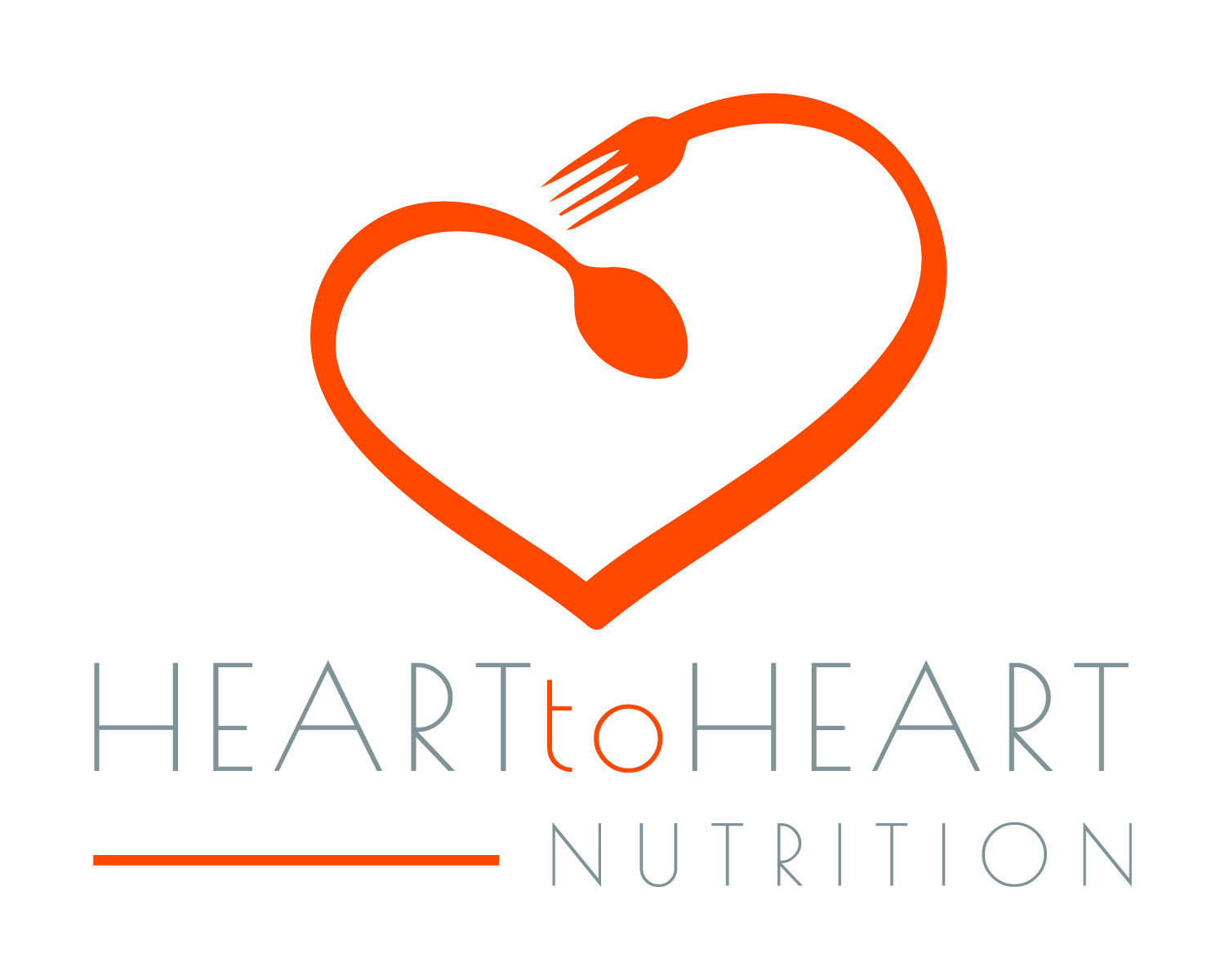| “Nothing works”. “I have tried everything!” Does this sound like you? I suspect it does because I think just about everyone that I have spoken to about sleep has said this to me. Hmm probably said that myself back in the day when I wasn’t sleeping. And yet I know that there is always more things to try. One issue is that we try one thing at a time or perhaps do something only for a short period of time. Like deep breathing. I often hear it doesn’t work and yet it was only tried once or twice. This is a practice. It relaxes the body. it doesn’t make you go to sleep but it does help the body relax to promote sleep. Or I hear – I tried melatonin and it didn’t work. That might be because you don’t need it! Perhaps your body is producing it but it’s not able to help you sleep because of your stress and cortisol levels. You are staying in fight and flight mode. Melatonin won’t help. Or maybe you tried tart cherry juice and think – rubbish it didn’t work. Tart cherries have been studied that they do support sleep. They simply can’t do all the work. They worked for me to get a deeper and longer sleep but that was after I had done a lot of work to bring balance to my body. Getting sleep involves working on your diet which includes gut health, moving your body, relaxing and taking the time to de-stress, balancing your hormones and your mindset. Now if you have done all of that and have done so consistently for a while, and still not sleeping, then maybe something else is going on. Let’s take a look at what else it might be. Maybe it is phthalates. These are a group of chemicals that make plastics more durable. Phthalates can be found in our food, cleaning and household products, cosmetics, personal care products, vinyl goods like shower curtains or flooring, construction material, packaging, fabrics – heck it’s everywhere! Phthalates are endocrine disrupters meaning they are affecting your hormones. And that could be what is affecting your sleep. There are two studies that I found interesting. One from 2016 measured phthalates in the urine of midlife women and found that there was an increased risk associated with hot flashes. And if you have experienced hot flashes you know how disruptive that is with sleep. And a more recent study from November 2020 found that the frequency of sleep disruptions in midlife women was associated with higher concentrations of phthalates in the body. Yet it doesn’t seem to affect some women. Why is that? One explanation could be how well your liver detoxifies the toxins from your body. If your liver is struggling to detoxify then this might affect you more than someone who has an efficient detoxification system. So how can you improve your liver detoxification. Well we go right back to the diet. Your liver needs specific nutrients to make the different phases of detoxification to work. And this includes healthy bowels as constipation can mess up all the hard work the liver did in detoxifying. And along with diet to help is exercise. What else can you do? Start by reducing your exposure to phthalates because avoiding them completely is near impossible. Here are just a few tips: Store food in glass or stainless steel containers. Eat at home and less take out Use less plastic wrapping. Avoid products that indicate “fragrance”, “parfum” or “natural fragrance” – because this is not telling you what it is. Look for fragrance free or scented with essential oils Avoid scented products like candles or pot-pourri. Use essential oils to scent your home. Check out your beauty products ingredients: cosmetics, shampoo, soap, nail polish for example. The Environmental Working Group has a great website to check out products. Take a look to see where your products stack up. They also list products that are safer to use. EWG”s Skin Deep database: https://www.ewg.org/skindeep/ There is always something more you can do to find sleep, |
